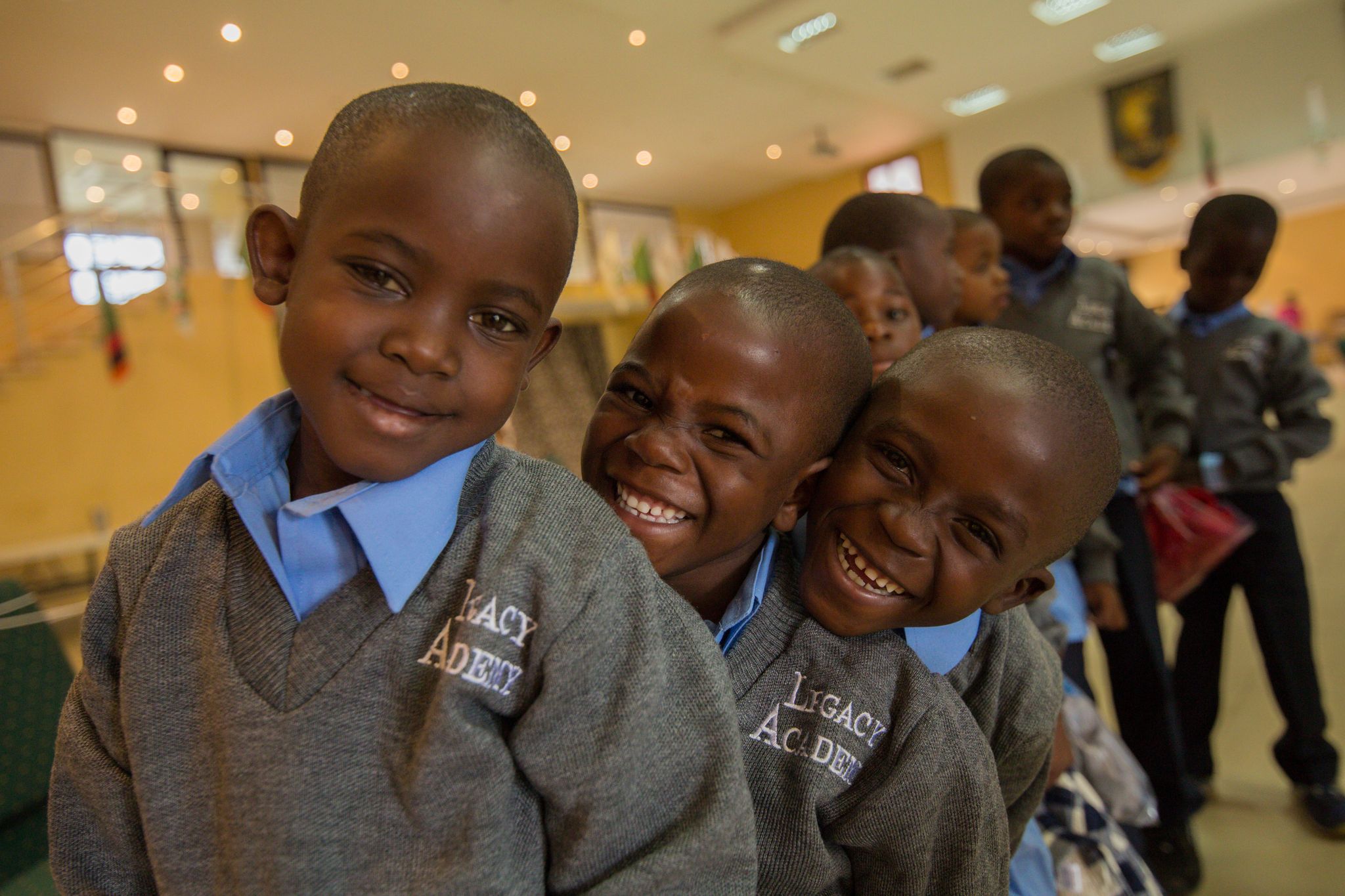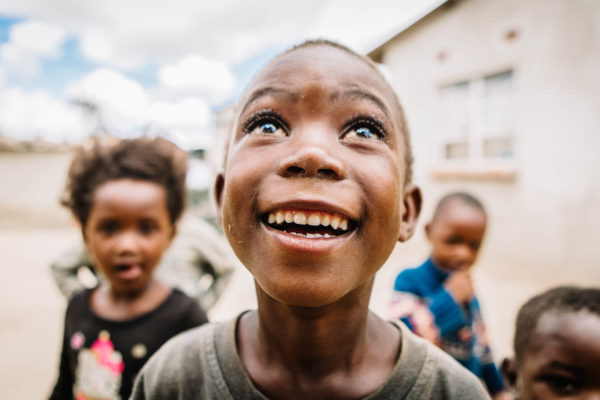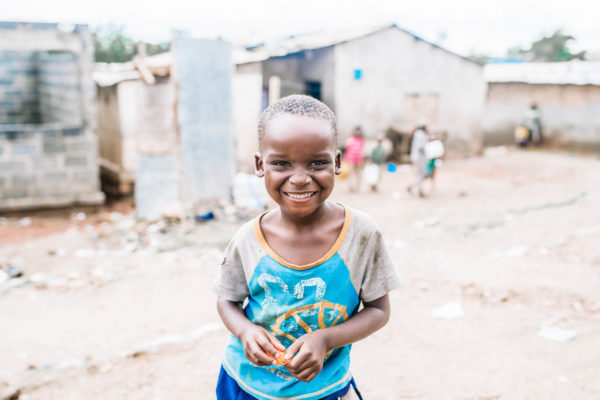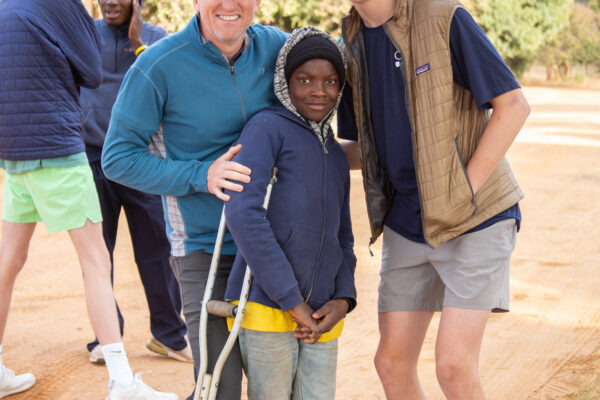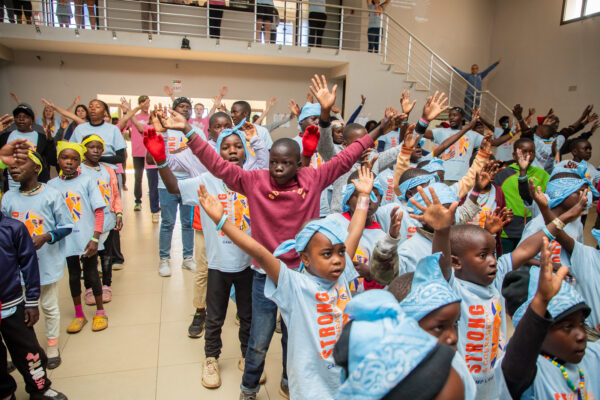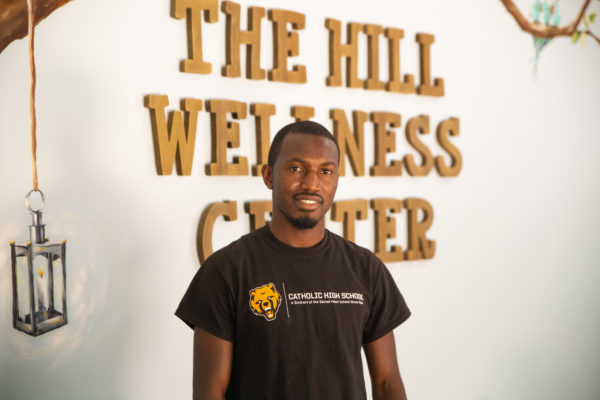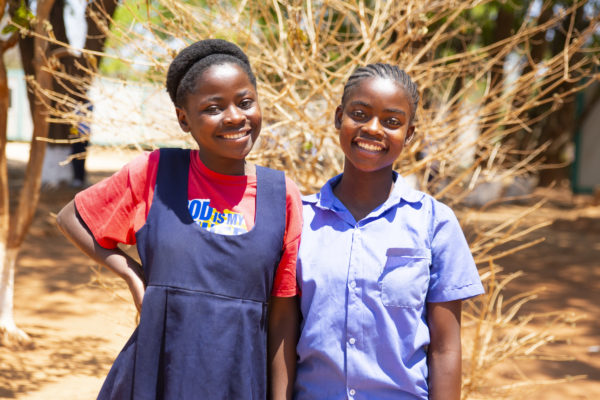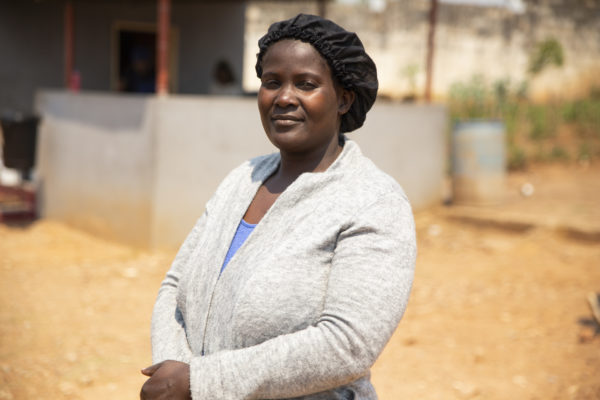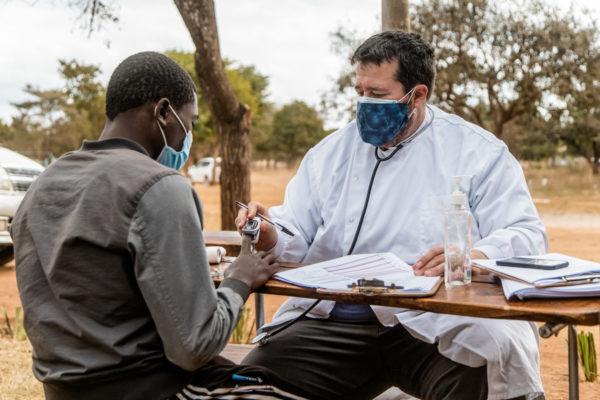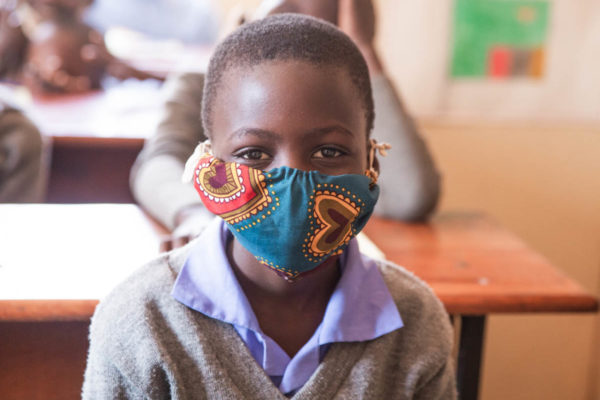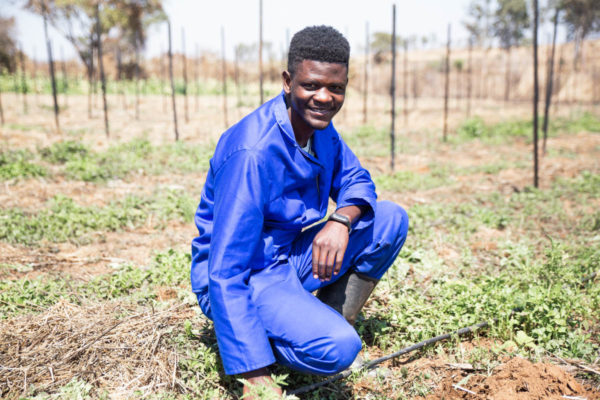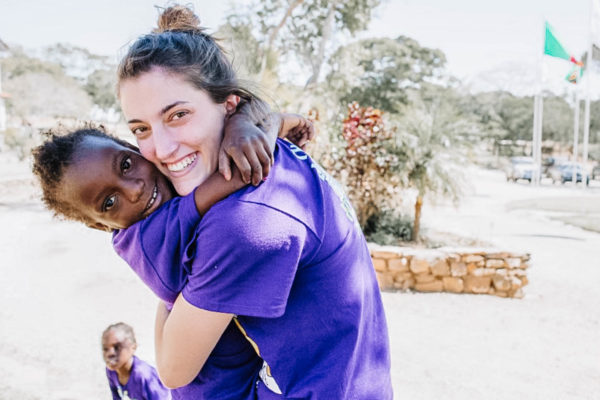The Winds of Change
During a visit to South Africa in 1960 and having traveled through the British colonized nations in Africa, British Prime Minister Harold Macmillan gave a speech that set forth a ripple effect of independence throughout much of Africa. He prophetically said: "The wind of change is blowing through this continent" because he saw that all people succeed when the nation itself rises from within. At Family Legacy, we believe the winds of change are still blowing, evoked by the Holy Spirit and made possible through education for all. We believe that when you educate a child, you change the world. Whether that education lasts for years or days, it stays. No one can take it away. Empowering these children is God's work; we are simply striving to be His hands and feet to encourage the wind to blow.
To fully support our children we provide 4 Pillars of Care:
Academics
Education is essential to empowering Zambian children to live out their God-given potential, opening a world of opportunity that would otherwise be unreachable. Whether it be a grade-school child, a secondary student, or a young adult pursuing a vocational certificate or a college degree, Family Legacy provides quality education at every level to maximize the future success of our children.
Spiritual
Helping our students embrace and live out the gospel is at the heart of our ministry. Students learn how to apply the scriptures to their lives through structured discipleship classes, Bible studies, and other group meetings. The love of Christ is also personified through the care and nurturing of our staff, who daily invest in their growth and development.
Physical
Caring for our student's minds and hearts is complemented by concern for their physical well-being. Our school lunch program provides a hot, nutritious meal for students daily, and our medical team ensures that those with significant medical issues get the treatment and care they deserve.
Emotional
For many of our students, trauma is an unfortunate reality in their lives. Our counselors, social workers, and other trained staff help students navigate their challenges and provide hope and healing. An emphasis on socio-emotional learning helps bridge the gap between academic instruction and emotional care in the classroom.
